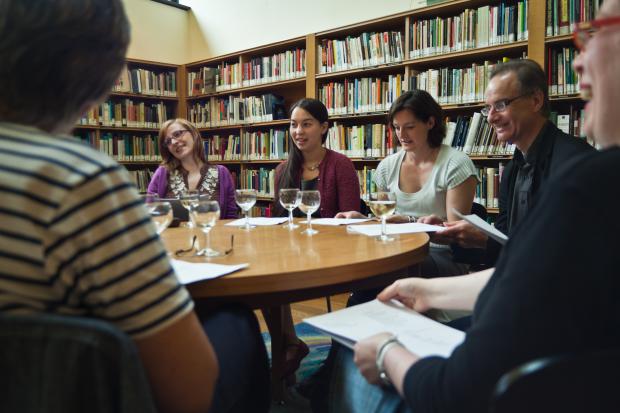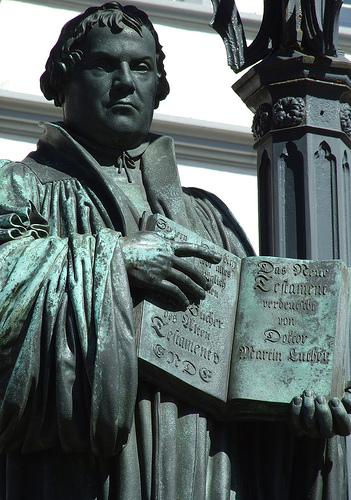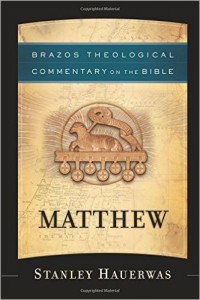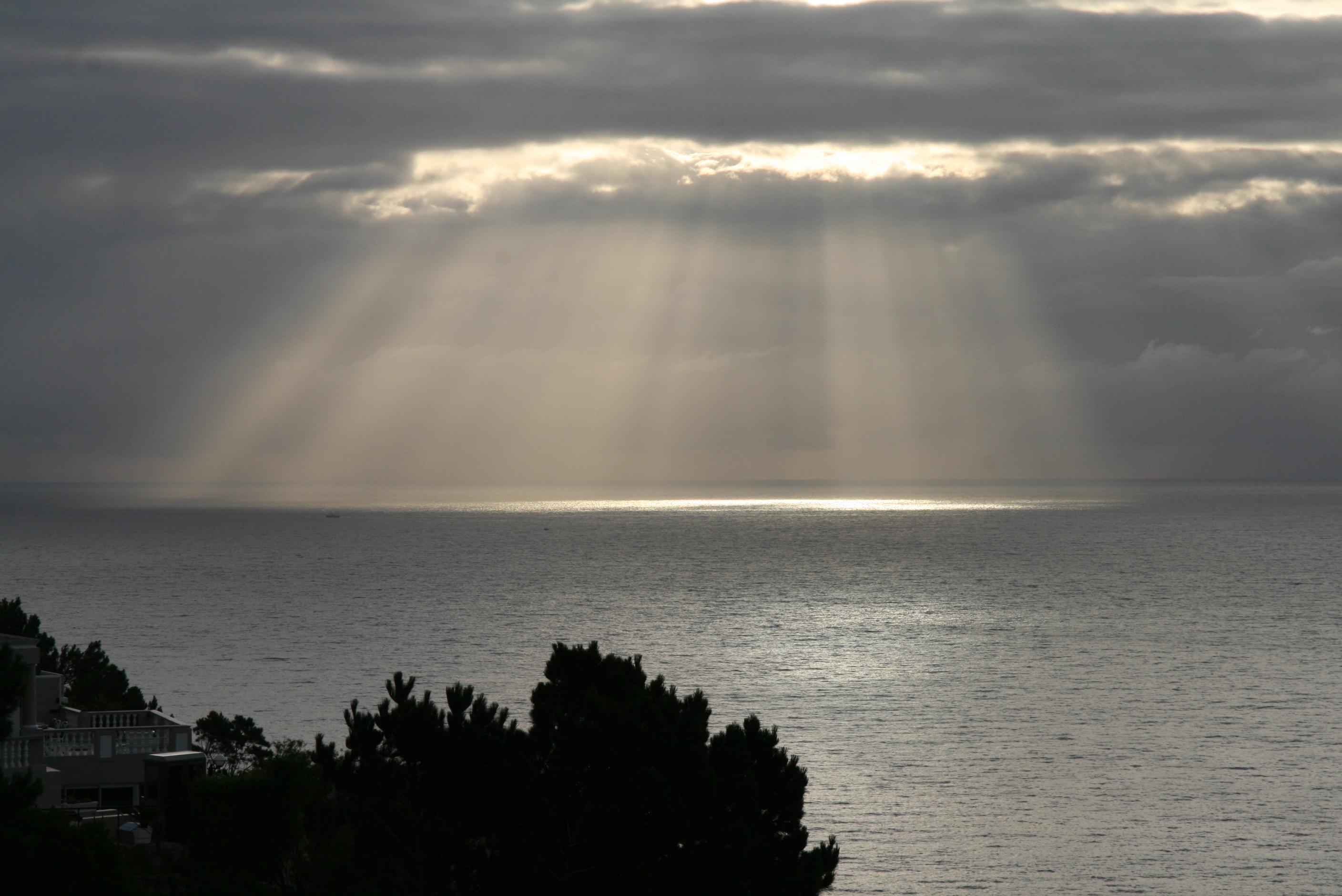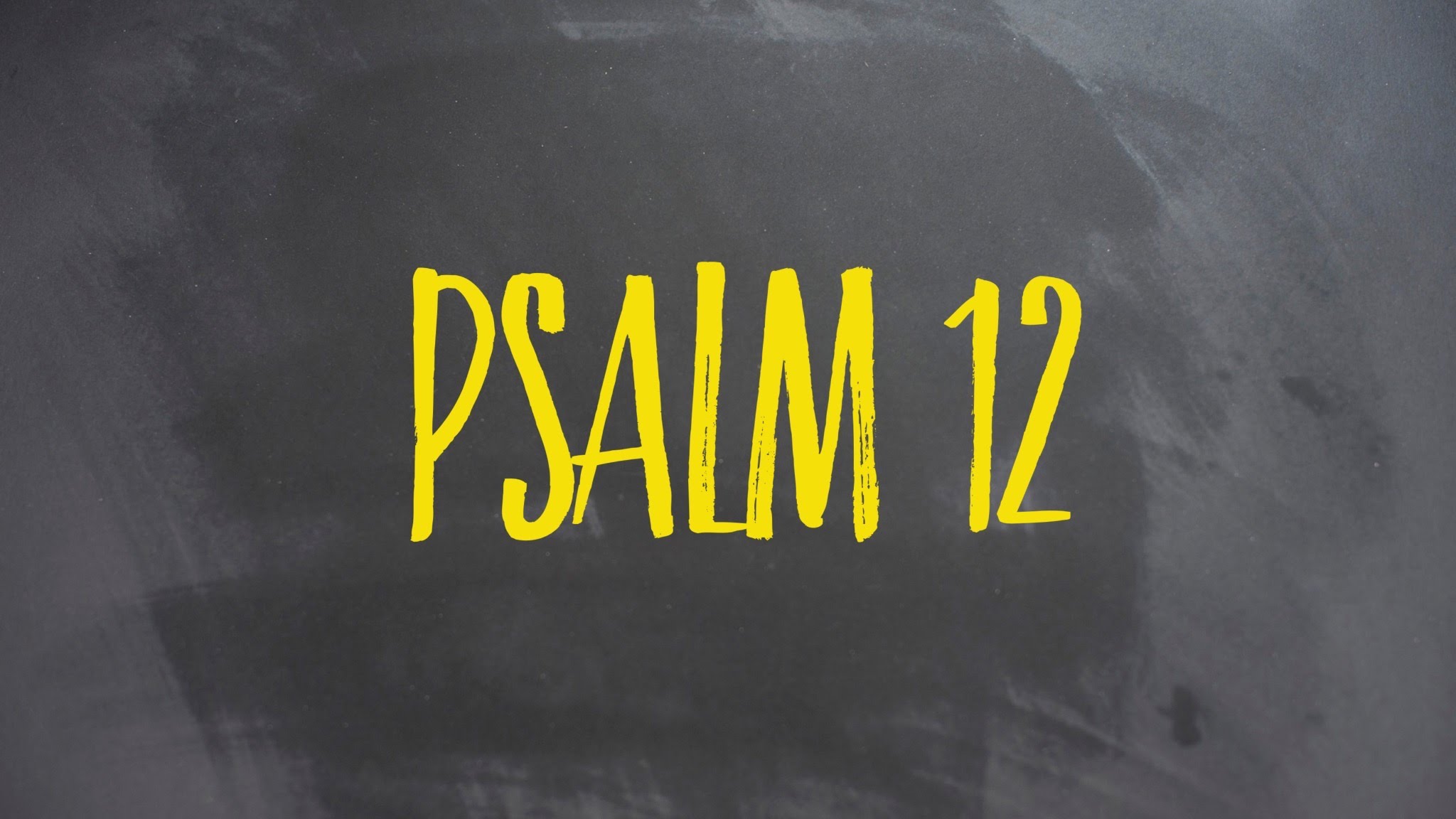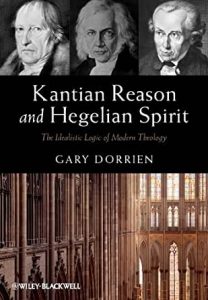 Recently I have listened to three very interesting and enjoyable books. The first was Kantian Reason and Hegelian Spirit: The Idealistic Logic of Modern Theology by Gary Dorrien. This is a large and somewhat sprawling book tracing the development of modern philosophical theology from Kant through Tillich, concerned mainly with the German idealists, but including other theologians especially from the UK, and of course, the melancholy Dane. Dorrien tells the story of this theology as though it was and remains the only game in town. Evidently, this is not correct, and one need not agree with his liberal theological vision to appreciate his achievement in this book.
Recently I have listened to three very interesting and enjoyable books. The first was Kantian Reason and Hegelian Spirit: The Idealistic Logic of Modern Theology by Gary Dorrien. This is a large and somewhat sprawling book tracing the development of modern philosophical theology from Kant through Tillich, concerned mainly with the German idealists, but including other theologians especially from the UK, and of course, the melancholy Dane. Dorrien tells the story of this theology as though it was and remains the only game in town. Evidently, this is not correct, and one need not agree with his liberal theological vision to appreciate his achievement in this book.
The value of the book is the enthusiasm with which Dorrien tells his story, the detail he provides of their affairs and thought, peccadilloes and motivations; the rich biographical excursions illuminate the theologian’s thought. Dorrien traces the themes that characterise their work, and shows its development within this tradition of modern theology, explores the work of the well-known figures such as Kant and Schleiermacher, and less well known but still significant figures such as Strauss or Schelling or Temple. What I appreciated most about the book as I listened was Dorrien’s evident sympathy for his chosen topic and his heroes. This is important, for even if in the end one does not agree with the substance of his story–that the idealist tradition is the substance and future of Christian theology–one must still understand these men on their own terms and in accordance with the convictions that animated their work. Anyone seeking an understanding of modern theology will benefit from this book.
The se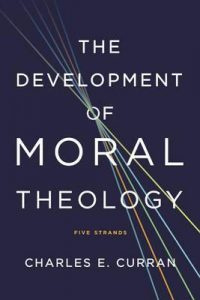 cond book is Charles Curran’s The Development of Moral Theology: Five Strands, though it would more accurately be titled, the development of Roman Catholic moral theology. Like Dorrien, Curran takes an historical approach to his topic. His five strands in the development of moral theology are, in order, sin, reconciliation, and the penitential manuals; the teaching of Thomas Aquinas and his followers; natural law; the papal teaching office, especially its development in the twentieth-century; and Vatican II.
cond book is Charles Curran’s The Development of Moral Theology: Five Strands, though it would more accurately be titled, the development of Roman Catholic moral theology. Like Dorrien, Curran takes an historical approach to his topic. His five strands in the development of moral theology are, in order, sin, reconciliation, and the penitential manuals; the teaching of Thomas Aquinas and his followers; natural law; the papal teaching office, especially its development in the twentieth-century; and Vatican II.
Curran is a distinguished and competent tour guide, pointing out the nuances, developments, and distinctions in this tradition. I found his discussion of natural law to be very interesting, especially his demonstration that there is no monolithic or consistent view of natural law in the history of moral theology, and his discussion of the modern prominence of the papal teaching office. Curran belongs to that group within Roman Catholicism that wants to be faithful to the Catholic tradition but not in a slavish sense. He argues that modern Catholic moral theology has an authority problem due to inherent tensions arising in the interaction of these various strands. He demonstrates and illustrates this problem with discussion of particular issues such as Roman Catholic teaching on contraception. Another good book that will repay careful consideration.
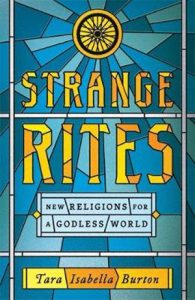 Finally, I listened to Tara Isabella Burton’s Strange Rites: New Religions for a Godless World. The book is journalistic and sociological rather than theological, though Burton does have a doctorate in theology from Oxford. This is a fascinating and for me, a quite disquieting book. Its central claim is that the early twenty-first century in the West is not a godless world as commonly claimed; rather our culture is in the midst of a massive development of spirituality in which traditional religion is not so much rejected as remixed in accordance with personal, idiosyncratic, and bespoke spiritual preferences.
Finally, I listened to Tara Isabella Burton’s Strange Rites: New Religions for a Godless World. The book is journalistic and sociological rather than theological, though Burton does have a doctorate in theology from Oxford. This is a fascinating and for me, a quite disquieting book. Its central claim is that the early twenty-first century in the West is not a godless world as commonly claimed; rather our culture is in the midst of a massive development of spirituality in which traditional religion is not so much rejected as remixed in accordance with personal, idiosyncratic, and bespoke spiritual preferences.
Burton speaks of such things as fandom, witchcraft and wellness, social justice activism, alt-right atavism, and other prominent pursuits as ‘new religious movements.’ She argues that these movements provide a sense of community and belonging, rituals and practices, and in so doing provide a sense of identity and metaphysical meaning to make sense of one’s life and purpose. They function in similar ways that religion has functioned in previous generations. Burton writes as a millennial of millennials, at times perhaps overstating her case but also providing detailed descriptive portrayals of how these spiritualities are expressed in everyday lives.
Several things are highlighted and apparent in this telling: the spiritualities discussed are primarily amongst the young and the urban; I note the centrality of the internet and social media in these burgeoning movements; the similar centrality of marketing and a capitalist ethos that permeates, supports, and facilitates (exploits?) the expressions of these spiritualities; sex and sexuality are prominent in many of the spiritual expressions; and there is an ironic disparity between the idea of a bespoke religious experience or expression, and the fact that it is marketed to thousands if not millions of adherents.
I found the book very confronting. I cannot help but wonder at the seeming irrelevance of the church with respect to these movements. I am dismayed that failures in the church have contributed to the disconnect that this generation has with traditional – or even progressive – Christianity. But I also suspect that this is not merely a result of Christian failures, but also of the aggressively anti-Christian philosophy that has permeated our cultural institutions in the second half of the twentieth-century up to the present.
A final central thesis Burton argues is that these new religious movements are not merely ‘bespoke’ but are grounded in an intuitionalism that prioritises individual feeling and experience. At the heart of these movements is the individual and their own centrality. I suspect that this age-old temptation will not end well for most of the participants in these movements, or for the society as a whole. Some will grow out of what appears to be an adolescent fixation, though many may retain the adolescent fantasies for the whole of their life. Some will profit from the movements. Others will remain devotees. But many, too, will find themselves empty and frustrated at unfulfilled promises.
My hope is that the church will resist the siren call to adapt themselves to these spiritualities in hope of winning some of the adherents. My hope is that the church will resist the pull of intuitionalism and will continue to proclaim loudly and clearly the gospel of Jesus Christ as the true hope of humanity, and the true answer to their spiritual hunger because Jesus Christ is himself the Truth. And I hope, too, that churches might be and become vibrant spiritual communities of such love, holiness, and kindness that they become beacons of life, welcome, and hope for those who find themselves washed up on the shores of a soulless, commercialised or politicised spirituality that has promised the world and delivered – not much.

